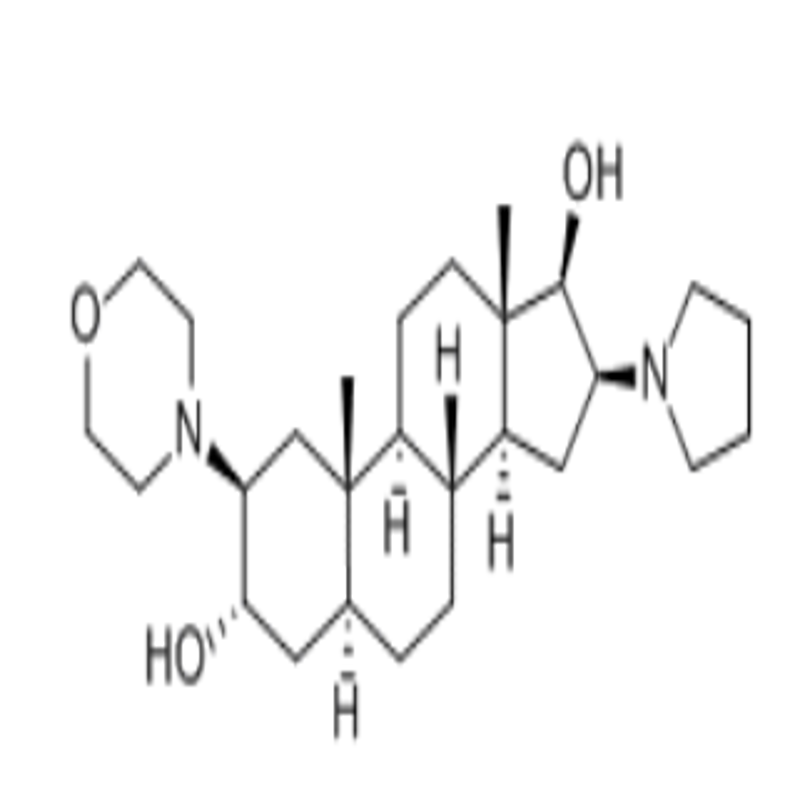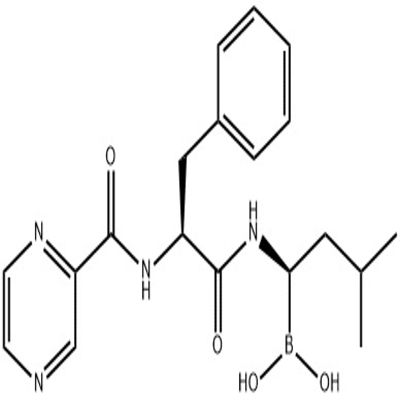Four "scandals" in bio pharmaceutical industry in 2019
-
Last Update: 2020-01-05
-
Source: Internet
-
Author: User
Search more information of high quality chemicals, good prices and reliable suppliers, visit
www.echemi.com
Recently, Biospace, a well-known biopharmaceutical website, summed up four "scandals" in 2019 Let's see what they are Although the incident began in the second half of 2018, its subsequent impact continued into this year On November 26, 2018, he Jiankui, former associate professor of South University of science and technology, announced the birth of a pair of gene editing babies He has changed the embryos of seven couples through CRISPR technology to make them anti HIV After the announcement, the event caused shock and strong condemnation in the world medical circle After that, Guangdong Province immediately set up a "gene editing baby incident" investigation team to investigate On July 31, 2019, Nanshan District People's Procuratorate initiated a public prosecution to Nanshan District Court On December 4, 2019, he Jiankui's manuscript of some papers submitted to nature, the international top journal, was first exposed The abstract part pointed out that the research purpose of the project is to cultivate human beings resistant to HIV, and listed the main achievements He Jiankui's team believes they have "successfully" replicated a gene mutation called CCR5 A small number of people born with the variant (CCR5 delta 32) are immune to HIV infection But according to the paper, the team did not actually replicate the known mutation, instead, they created a new genetic mutation, and whether the new mutation can resist HIV remains questionable On December 30, 2019, the case of "gene editing baby" was publicly adjudicated in the first instance of Nanshan District People's Court of Shenzhen He Jiankui, Zhang Renli, Qin Jinzhou and other three defendants were respectively investigated for criminal responsibility in accordance with the law for their joint illegal implementation of human embryo gene editing and reproductive medical activities aimed at reproduction, which constituted the crime of illegal medical practice The court found that, knowing that they violated the relevant provisions of the state and medical ethics, the three people still used the editing technology of human embryo gene without strict verification of safety and effectiveness to assisted reproductive medicine in the name of editing human embryo CCR5 gene to give birth to infants immune to AIDS He Jiankui et al Fabricated ethical review materials, recruited many couples with HIV infected men to perform gene editing and assisted reproduction In the way of impersonation and concealing the truth, unknown doctors transplanted the gene edited embryos into the human body through assisted reproductive technology, resulting in two pregnancies and three gene editing babies According to the facts, nature, circumstances and harm to the society of the three defendants, he Jiankui was sentenced to fixed-term imprisonment of three years and a fine of three million yuan; Zhang Renli was sentenced to fixed-term imprisonment of two years and a fine of one million yuan; Qin Jinzhou was sentenced to fixed-term imprisonment of one year and six months, suspended for two years and a fine of 500000 yuan On July 8, 2019, according to Reuters, the US wants Switzerland to hand over Gongda Xue, a Chinese researcher accused of helping his sister Xue Yu steal trade secrets from GSK Gongda Xue allegedly received the trade secrets from his sister and sent the results to researchers in China On January 2016, GSK sued five Chinese researchers, including Xue Yu, Lucy Xi, Li Tao, Mei Yan, and Xue Yu's twin sister Tian Xue, who were charged with stealing trade secrets of biological drugs, fraud and money laundering On September 2018, Xue Yu pleaded guilty, but said he did not consider the transferred data to be commercial secrets, and said the content sent was "publicly available information" On May 25, 2019, Emory University issued a statement through the Atlanta Journal Constitution, a local media, confirming that two biomedical researchers had been dismissed because they "did not fully disclose the sources of research funding from abroad and their work in research institutions and universities in China" According to various reports, they are Chinese American scientists Li Xiaojiang and Li Shihua They are engaged in the animal model research of Huntington's chorea and other diseases They jointly manage the laboratory and have worked at Emory University for more than 20 years On May 24, 2019, zolgensma was approved by the FDA to be marketed for the treatment of spinal muscular atrophy (SMA) patients under 2 years old with mutations in two SMN1 alleles encoding motor neuron survival protein (SMN), and a price of US $2.12 million was set On August 6, 2019, the FDA issued a statement saying that on June 28, avexis, a subsidiary of Novartis, the manufacturer of zolgensma, disclosed that the animal model test data in the BLA application data of zolgensma involved data fraud The statement pointed out that: the integrity of animal model test data for product development and production is a very serious problem, and FDA will handle it carefully Moreover, the FDA was informed that avexis knew about this issue on March 14 before the FDA made the approval decision on zolgensma It was not reported to the FDA until the FDA made the approval decision The time difference between them was questionable On September 24, 2019, Novartis submitted a 56 page response report to the FDA, which "dumped" the charges of data fraud to two executives of avexis, who had already left the company, accusing the two of "tampering with or guiding others to tamper with data", delaying the notification of FDA's problem data and internal investigation In response, Brian Kaspar, one of the parties, denied any charges through his attorney and said he fully cooperated with the company's internal investigation For Novartis, he is ready to defend his rights On September 16, 2019, according to the latest report of CNBC, the board of directors of Purdue Pharma, the painkiller manufacturer of Oxycontin, approved its bankruptcy application on September 15 to solve the major responsibilities that may exist in about 2000 lawsuits, which allege that the pharmaceutical manufacturer caused the fatal opiate drug crisis to sweep across the United States Its business and the family behind it, the sacklers, have also been subject to stricter scrutiny by US government agencies The family made more than $4 billion from the sale of Oxycontin In the international market, Purdue has entered many countries including China and Brazil in the name of "Mundipharma" In other countries, Purdue is trying to copy the successful experience and marketing strategy of Purdue in the United States before According to a 2018 U.S Department of justice report, Monti's leadership encouraged its sales team to illegally obtain patients' personal medical records without their consent Former Mundipharma sales representatives said that sometimes, some people put on white coats to pretend that doctors enter the hospital, and communicate with patients to encourage them to use Mengdi's drugs.
This article is an English version of an article which is originally in the Chinese language on echemi.com and is provided for information purposes only.
This website makes no representation or warranty of any kind, either expressed or implied, as to the accuracy, completeness ownership or reliability of
the article or any translations thereof. If you have any concerns or complaints relating to the article, please send an email, providing a detailed
description of the concern or complaint, to
service@echemi.com. A staff member will contact you within 5 working days. Once verified, infringing content
will be removed immediately.







